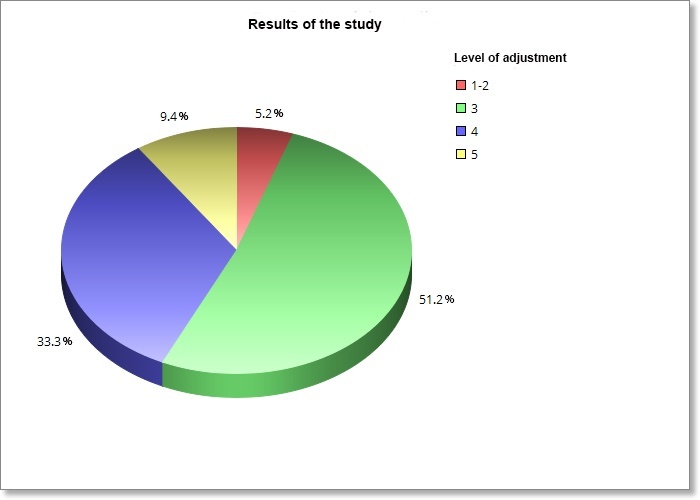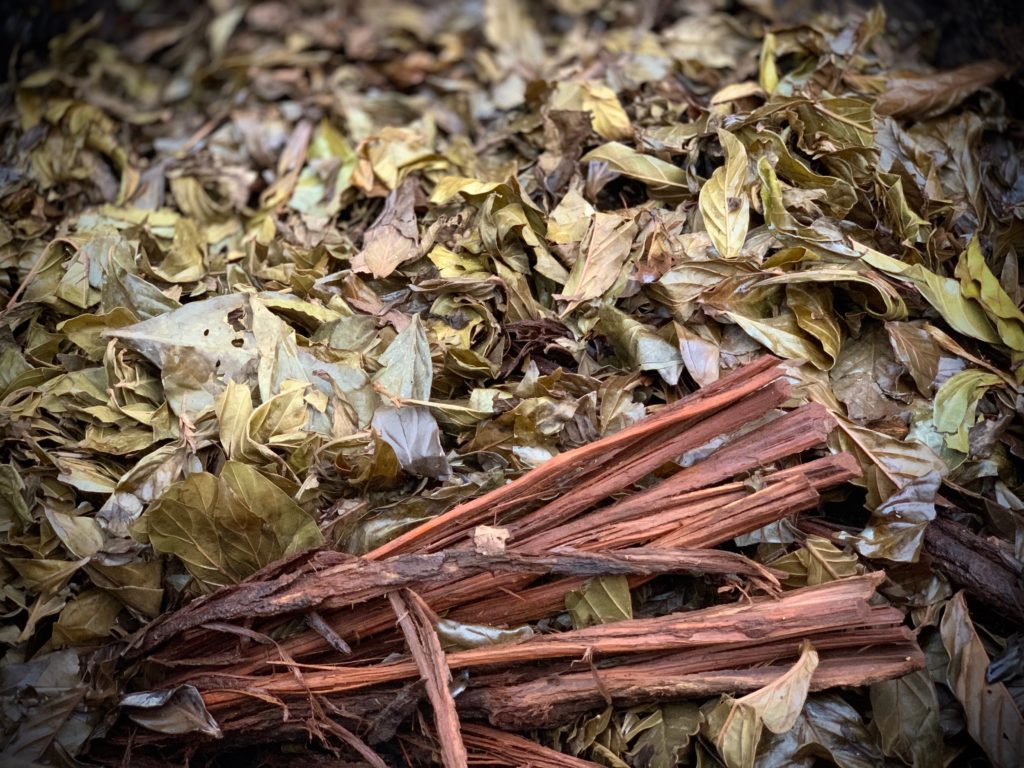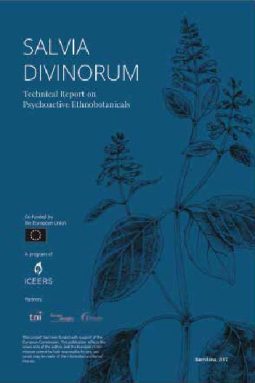José Carlos Bouso
Is the ayahuasca community prepared for the stress resulting from the COVID-19 crisis? Dr. José Carlos Bouso, ICEERS’ scientific director, reflects on the issue through the lens of a recent ayahuasca and public health study.
In the 50th anniversary issue of the Journal of Psychoactive Drugs, edited by MAPS and entitled Psychedelic Research Today, ICEERS’ research team published the first ever study using public health indicators to evaluate the effects of regular participation in ayahuasca ceremonies.
The logic behind the study was simple: international and national regulators are concerned about whether the use of these plants pose a risk to public health. However, no previous studies had used public health indicators to assess that risk. National health surveys ask only about alcohol and tobacco use, and do not even seek to gather data about cannabis use, which is the third most consumed drug in the world, after alcohol and tobacco.
Furthermore, national drug use prevalence surveys do not ask questions about health status, but rather focus on problematic behaviours. Therefore, we made questions that are commonly used in all national health surveys in order to investigate the impact of regular participation in ayahuasca ceremonies on public health.
Ayahuasca and public health in a post-COVID-19 era
The results of our study show the public health impact of regular participation in regular ayahuasca ceremonies – and we highlighted the findings, also broadcasted by other media, related to health and lifestyle factors, such as perceived health, body mass index, prevalence of cholesterol or hypertension, sleep quality, reduction in the use of prescription drugs, diet, physical exercise, and mental health. These are the indicators that are most commonly used to assess the health of a population.
Yet what we haven’t communicated much about is that the study – for which we conducted 380 face-to-face interviews, apart from including the above indicators – also included other questions that now seem very important in the face of the COVID-19 pandemic. Findings from these questionnaires can help us anticipate how the ayahuasca community will respond to the stress resulting from this crisis.
Specifically, we measured psychosocial adjustment, stress coping strategies, and indicators of perceived social support, such as number of family members and close friends, whether someone in their lives would accompany them to the doctor if needed, the presence of people who express affection for the person, the possibility of sharing feelings of joy or sadness with a friend, and having someone to share private fears and concerns with. These results were compared with the values found in the general population.
Psychosocial adjustment, coping strategies and perceived social support are key factors when it comes to functionally adapting to situations of extreme stress, such as our current global situation where a good part of the population is confined to their homes, often complete isolation, and faced with the threat of an invisible illness with uncertain prognosis.
The results of our study were interesting. With regards to adjustment, with 5 being the greatest level of adjustment, the group average was 3.4/5, and 9.4% of the sample scored 5; 33.3% scored 4; and 52.1% scored 3. Only 5.2% of the respondents scored 1 or 2, which can be interpreted as a poor overall adjustment.

With regards to coping strategies for stress, the maximum score within the scale was 14. The average for the sample was 9.3. Of all participants, 1.1% obtained 5 or less; 53% obtained a score between 6 and 9; and 45% obtained 10 or more.
Social support
Finally, with regard to perceived social support, 39.4% reported having four to six close friends or family members, 24% reported having one to three, and 22% reported having 10 or more. Only 2% of the sample reported having no close friends or family. Most of the sample (96.3%) had someone who could accompany them to doctor. And, almost the whole sample (97%) had someone who expresses affection for them. With regards to having someone to share feelings of joy or sadness with, most of the sample also scored high (96.8%). Participants (96.6%) also indicated they had someone with who to share private fears and concerns.
In our published article, we did not conclude strongly enough that these results were due to ayahuasca use, or correlated to other factors, because none of the statistical models we carried out directly related the use of ayahuasca to any of the studied variables. From a grounded perspective, there are many things that happen in people’s lives other than just participating in ayahuasca ceremonies, and those things can be equal to or more important than ayahuasca itself in explaining the good health demonstrated in our sample.
The conclusion we were able to draw was that ayahuasca was perhaps a self-care strategy practiced by participants, in conjunction with a healthy lifestyle, that may include, for example, yoga and meditation, or cycling to work, to name a few simple examples. We concluded that ayahuasca does not produce public health problems, and therefore these practices could be implemented in the contemporary world without major public health problems and as another self-care tool. Needless to say, the ICEERS perspective would also include that we need to respect and include indigenous peoples in dialogues about what this could look like.
Ayahuasca and COVID-19
Furthermore, it’s important to note that this study was conducted in Spain, and therefore cannot necessarily be directly extrapolated to other cultural contexts. However, in the context of this global crisis, the results of our study in relation to psychosocial adjustment, coping strategies and perceived social support make us optimistic about the strength of our community in dealing functionally with this terrible health crisis caused by COVID-19 that is threatening the world and even more confident that our community will emerge strengthened. Resources for this seem not to be lacking. An ayahuasca ceremony, as the daimists refer to it, is a job. A work that requires strength and firmness to go through it bringing knowledge from there. Without a doubt, it is a work that serves as a learning experience when challenging situations arise in daily life. Good luck.
José Carlos Bouso, PhD.
ICEERS – Scientific Director
Categories:
NEWS
, Ayahuasca
, Ayahuasca
, RESEARCH & INNOVATION
Tags:
ayahuasca
, scientific research
, study
, COVID-19


